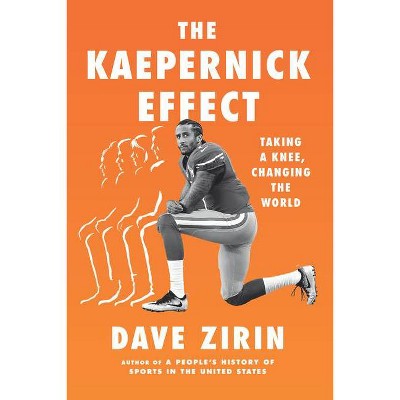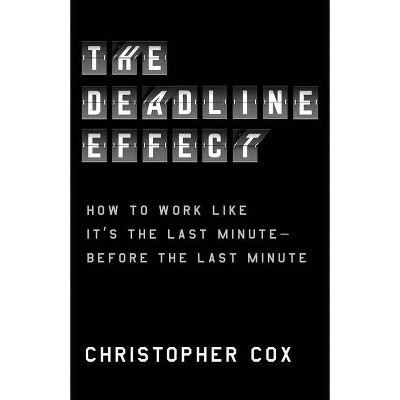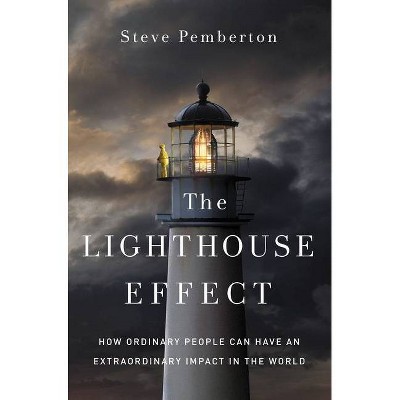The Audience Effect - by Julian Hanich (Hardcover)
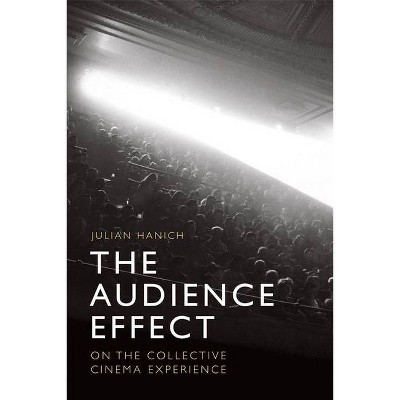
Similar Products
Products of same category from the store
AllProduct info
<p/><br></br><p><b> About the Book </b></p></br></br><p>In this innovative book, Julian Hanich explores the subjectively lived experience of watching films together, to discover a fuller understanding of cinema as an art form and a social institution that matters to millions of people worldwide. </p><p/><br></br><p><b> Book Synopsis </b></p></br></br><p>Attending a film in a cinema implies being influenced by other people, an 'audience effect' that is particularly noticeable once affective responses like laughter, weeping, embarrassment, guilt, or anger play a role. In this innovative book, Julian Hanich explores the subjectively lived experience of watching films together, to discover a fuller understanding of cinema as an art form and a social institution that matters to millions of people worldwide. Combining recent scholarly interest in viewers' emotions and affects with insights from the blossoming debate about collective emotions in philosophy and social psychology, this study makes viewers more aware of their own experience in the cinema, and simultaneously opens up a new line of research for film studies.</p><p/><br></br><p><b> From the Back Cover </b></p></br></br>Note: please increase the contrast in the image so that it's more like the original design option? 'This book moves its attention from the images on the screen to the audience gathered in the film theatre and eventually tells "their" stories. Hanich makes a spectacular shift, and he unfolds a reality that film studies has partly forgotten, as well as cinema's nature as a "democratic" art. A rigorous and fascinating book that will revamp audience studies.' Francesco Casetti, Yale University 'The Audience Effect is an immensely important contribution to the phenomenology of cinema. Focused on the much-neglected collectivity of the theatrical film experience, it also touches on other modes of collective viewing, and its rigorous descriptions of the structures, effects and affects entailed in collective viewing are extraordinarily enlivened by many examples and extremely accessible prose.' Vivian Sobchack, UCLA Is the experience of watching a film with others in a cinema crucially different from watching a film alone? Does laughing together amplify our enjoyment, and when watching a film in communal rapt attention, does this intensify the whole experience? And what about being angry about annoying spectators? Attending a film in a cinema implies being influenced by other people, an 'audience effect' that is particularly noticeable once affective responses like laughter, weeping, embarrassment or anger play a role. In this book, Julian Hanich explores the subjectively lived experience of watching films together, to discover a fuller understanding of cinema as an art form and a social institution. Combining recent scholarly interest in viewers' emotions and affects with insights from the blossoming debate about collective emotions in philosophy and social psychology, this study makes viewers more aware of their own experience in the cinema, and simultaneously opens up a new line of research for film studies. Julian Hanich is Associate Professor of Film Studies at the University of Groningen. Cover image: by Weegee (Arthur Fellig) (c) International Center of Photography/Getty Images Cover design: [EUP logo] edinburghuniversitypress.com ISBN 978-1-4744-1495-1 Barcode<p/><br></br><p><b> Review Quotes </b></p></br></br><br>... An impressive essay...--Thomas Messias "Slate "<br><br><p>The definition and function of "the audience" in the whole cinematic equation has been taken for granted and, so, left at an unhelpful level of generality even as it morphs into something utterly different. Hanich seeks to remedy this state of affairs and in so doing flexes some syncretistic muscles, surveying a breathtaking range of sources from a vast span of time periods, paradigms, and disciplines. [...] Hanich gives us good reasons to hope the uniqueness and power of the audience experience will enable it to survive in some form or another. But what, exactly, is this uniqueness and power? It's the sort of thing we think we understand, but do not pay careful enough attention to. Fortunately, Hanich does.</p>--Joseph G. Kickasola "Projections "<br><br>'Carefully researched...For those looking to learn more about the complex responses of audiences of cinematic art this is the book you should consult.'--Bob Lane, Emeritus Professor of Philosophy, Vancouver Island University "Metapsychology "<br><br>'Hanich has written <em>The Audience Effect</em> as an exercise in phenomenology, or, the philosophical analysis of forms of perception and engagement, their workings and implications. Watching films is seen not just as a visual, or even aural, process, but one engaging all aspects of a person, and (just about) all parts of our bodies. [...] There's little doubt that to those drawn to this approach, Hanich's book will be a significant addition.'--Martin Barker "Participations "<br><p/><br></br><p><b> About the Author </b></p></br></br><p>Julian Hanich is Associate Professor of Film Studies at the University of Groningen. In his research he focuses on audience emotions and affects, the film experience, and questions of film style. His first monograph Cinematic Emotion in Horror Films and Thrillers: The Aesthetic Paradox of Pleasurable Fear (2010) was a phenomenological investigation into the question why viewers enjoy being scared. His articles have appeared in Screen, Cinema Journal, Projections and many others.<p>
Price History
Price Archive shows prices from various stores, lets you see history and find the cheapest. There is no actual sale on the website. For all support, inquiry and suggestion messages communication@pricearchive.us
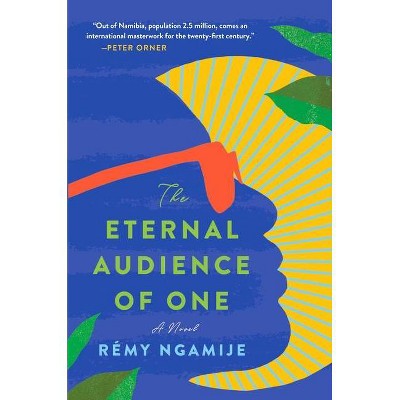
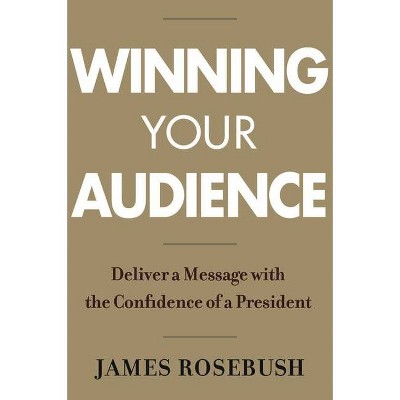
![Audience [LP] - VINYL](https://pisces.bbystatic.com/image2/BestBuy_US/images/products/3444/34440411_sa.jpg)
